|
Glossary presents the first Review as Glossary with the work of Erik Parra. Review as Glossary are "reviews" that define conceptual or visual language associations with the work. They unpack vocabulary, building ways to contextualize art while leaving room for readers to assess the merits and aesthetics of the work on their own terms. mid century modernThe Mid-Century modern movement in the U.S. was an American reflection of International and Bauhaus interior design movements focusing on simple lines and functionality devoid of decorations. Open floor plans, large windows, post and beam ceilings, and minimal use of walls in favor of interior architecture encouraged views of room through multiple vantage points. Integrating the outside with the inside was also a priority, creating a sense of unity with the environment and a holistic lifestyle. With the family in mind, the spaces were meant as areas that would enhance socializing, communication and transparency — as opposed to privacy. idealIdeal pertains to a person or thing conceived as embodying such a conception or conforming to such a standard, and taken as a model for imitation. From Late Latin idealis "existing in idea," from Latin idea* in the Platonic sense. Senses "conceived as perfect; existing only in idea," is from the 1610s. *idea noun From Latin idea, a word in philosophy, the word (Cicero writes it in Greek) and the idea taken from Greek idea "form; the look of a thing; a kind, sort, nature; mode, fashion," in logic, "a class, kind, sort, species," from idein "to see," from PIE *wid-es-ya-, suffixed form of root *weid- "to see" (see vision). In Platonic philosophy, "an archetype, or pure immaterial pattern, of which the individual objects in any one natural class are but the imperfect copies, and by participation in which they have their being." The meaning "mental image or picture" is from the early 1600's (the Greek word for it was ennoia, originally "act of thinking"), as is "concept of something to be done; concept of what ought to be, differing from what is observed." [Century and Etymology dictionary] factice Borrowed from Latin factīcius. Compare the inherited Old French form faitis as well as the doublet fétiche, borrowed from Portuguese. The English translation of Factice is Fake. still life A still life (p. still lifes) is a work of art depicting mostly inanimate* subject matter, typically commonplace objects which may be either natural (human or animal skulls, raw meat, fruit, piles of grains, and other foodstuffs, fresh or withering cut flowers, plant cuttings or leaves, branches, dead hunting game or other animals ready for slaughter including rabbits, birds and cloven creatures or their body parts, water droplets, rocks, or shells) or man-made (breads, baskets, drinking glasses, books, vases, jewelry, coins, pipes, candles, letters, pens, furniture and so on). Traditionally subjects of paintings, still lifes are also used in sculpture, photography and dioramas. Still lifes are oftentimes allegorical and contain symbolic references, particularly to life itself. * inanimate, adjective - not alive, especially not in the manner of animals and humans - showing no sign of life; lifeless. control"According to modern concepts, control is a foreseeing of action whereas earlier concepts of control was used only when errors were detected. Control in management means setting standards, measuring actual performance and taking corrective action." (edited wiki) The word control when used as a noun dates back to the late 1500's. As a verb, it's past begins in the 1500's. From Anglo-French contreroller "exert authority," from Medieval Latin contrarotulus "a counter, register," from Latin contra- "against." Later usage implies a sense of domination or directness in the term. "Control Freak" is a 1960's term, referring to those who march with the mainstream corporate status quo individual who tend to be inflexible about certain behavior by others who may be trying to control a situation or person too much, particularly art and creative or politically motivated people. suspense noun. - a state or condition of mental uncertainty or excitement, as in awaiting a decision or outcome, usually accompanied by a degree of apprehension or anxiety. - a state of mental indecision. - undecided or doubtful condition, as of affairs: - the state or condition of being suspended. From Anglo-French suspens (in en suspens "in abeyance," c. 1300), Old French sospense "delay, deferment (of judgement).; "state of mental uncertainty with more or less anxiety" (mid-15c.) [Etymology dictionary] It is also a genre of novels, stories, film, etc., attested from 1951 (and to which Parra relates) . ascendingFrom Latin ascensionem (nominative ascensio) "a rising," noun of action from past participle stem of ascendere "to mount, ascend, go up." Ascension in the religious sense refers to the rise of Jesus or Muhammad to Heaven while he was still alive.
0 Comments
Your comment will be posted after it is approved.
Leave a Reply. |
Reviews
All
shop
Eco-mindful journals by Glossary Syndicate
glossary's FOUNDER & author
thank you for visiting
Consider making a donation to support operating costs, research & writing time. Any amount helps!
reviews
All
other sf art publications
SFAQ
Art Practical Articiple SF Art Enthusiast SF Weekly SF Gate/Chronicle SF/Arts (Monthly) Stretcher Sartle global sf coverage
|
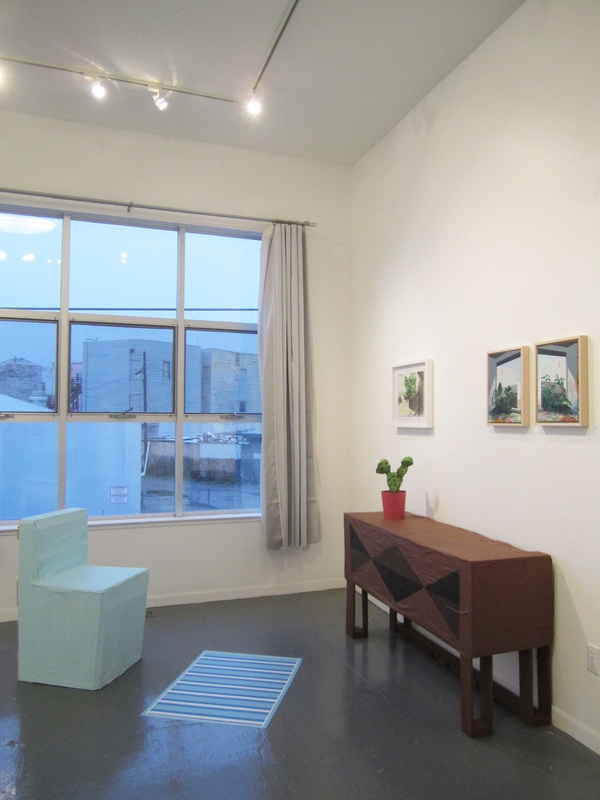
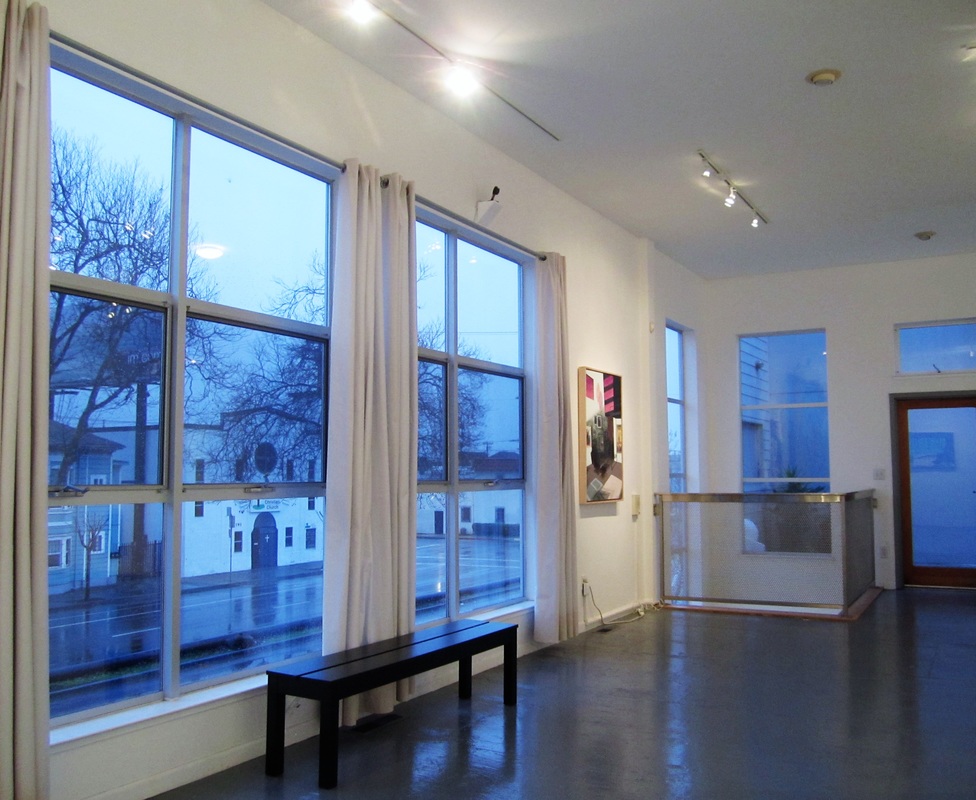
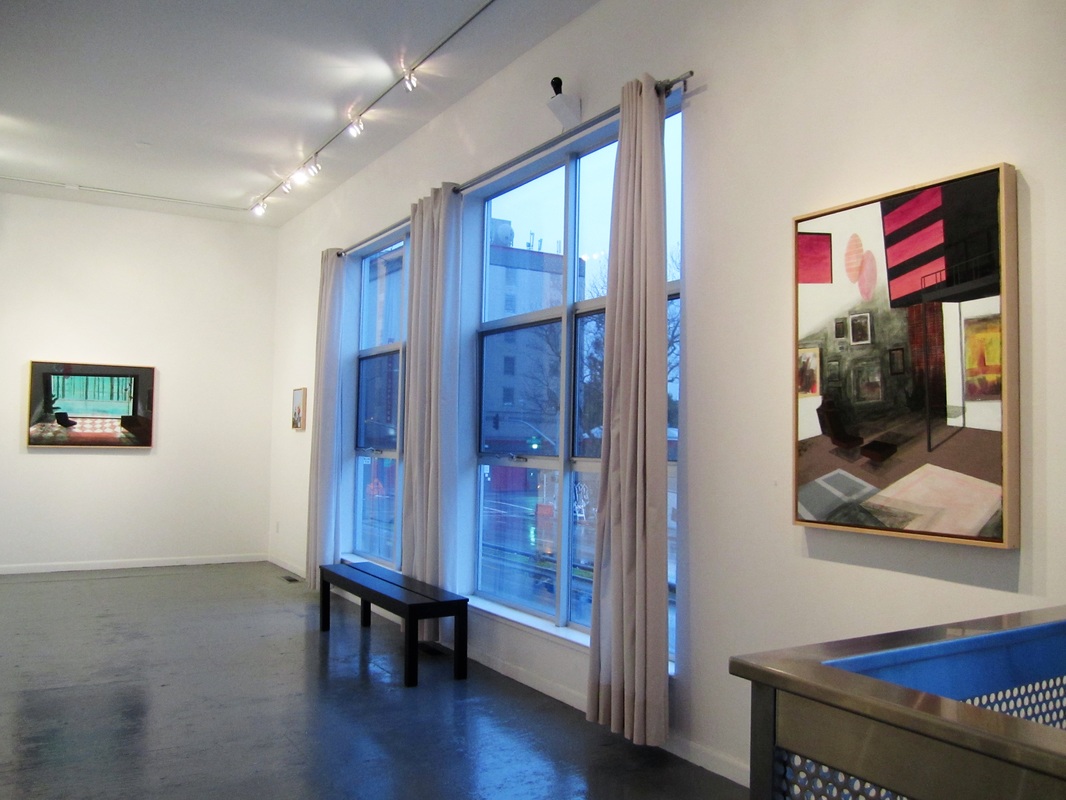
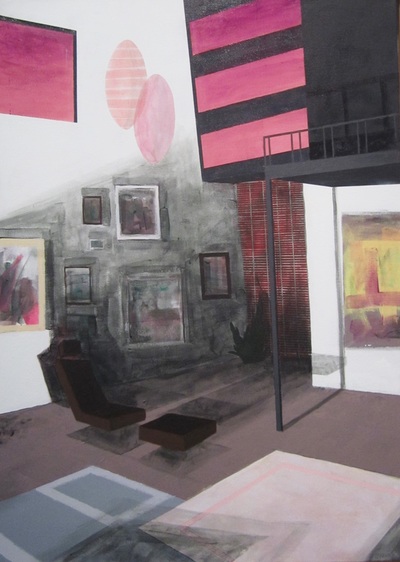
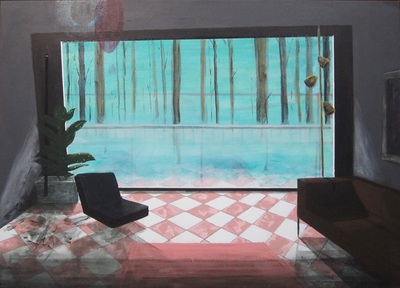
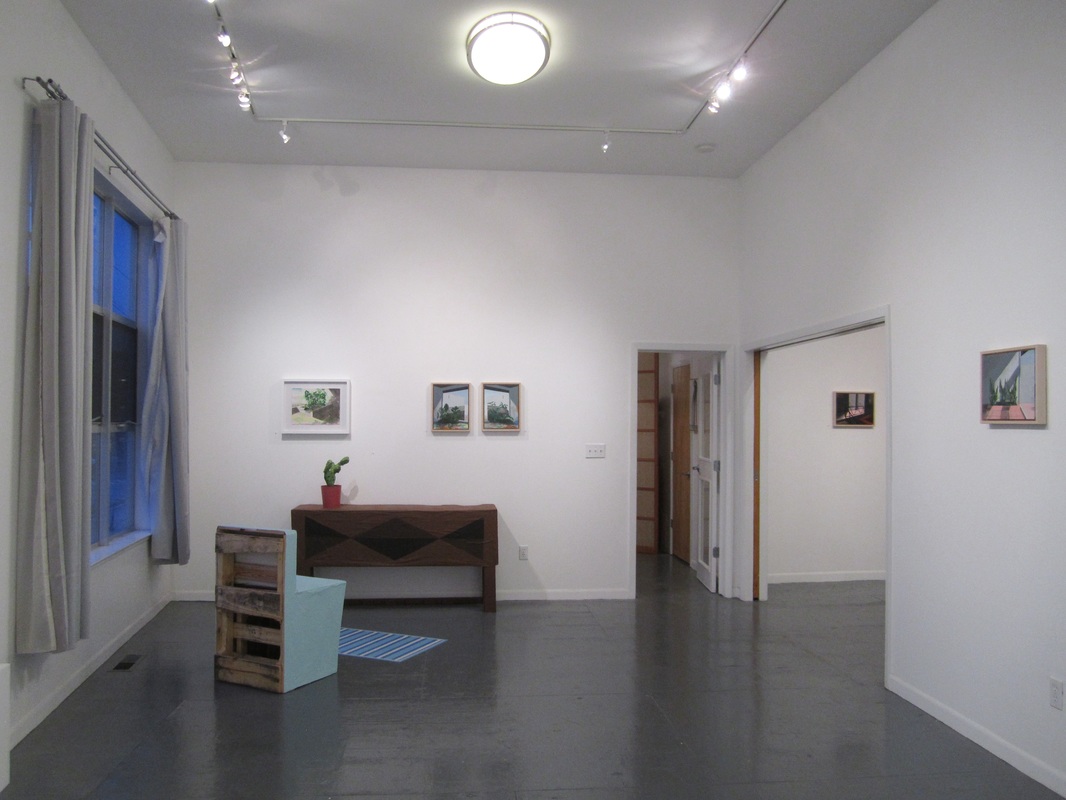
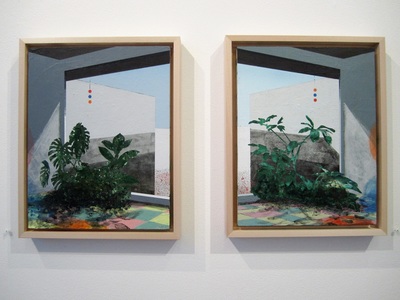
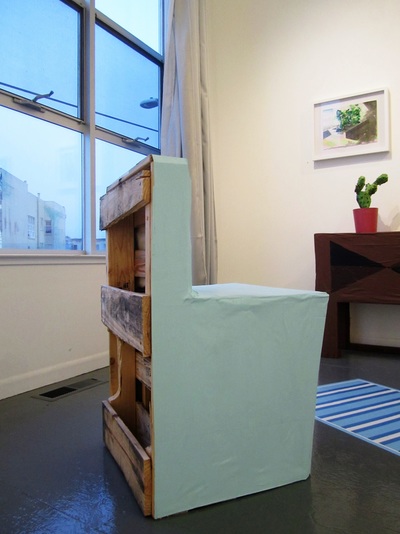
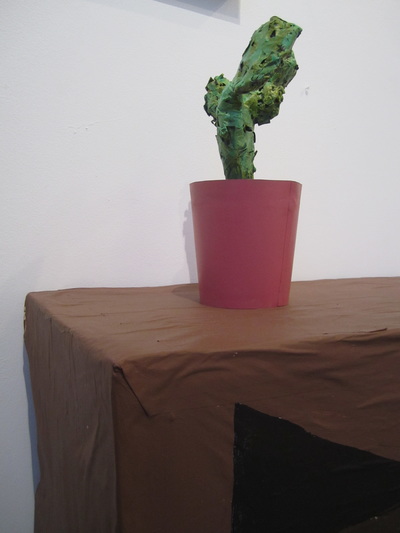
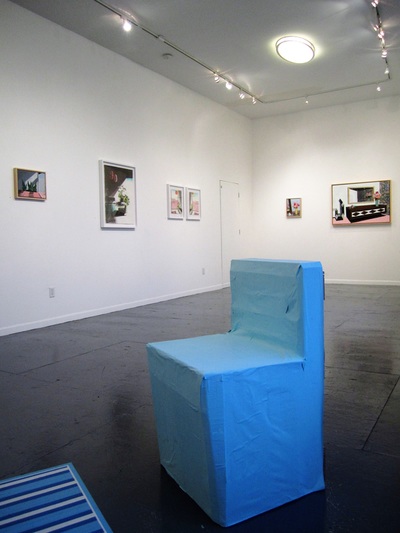
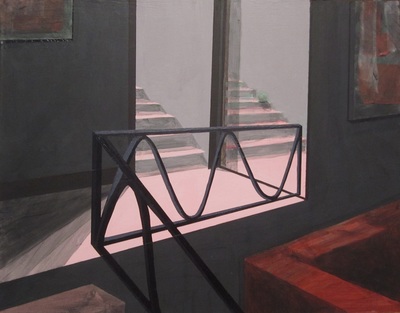
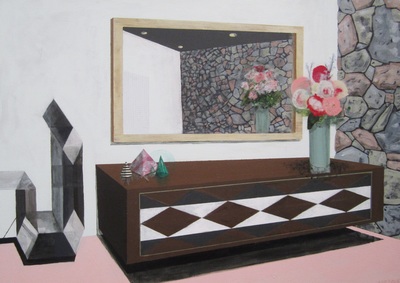
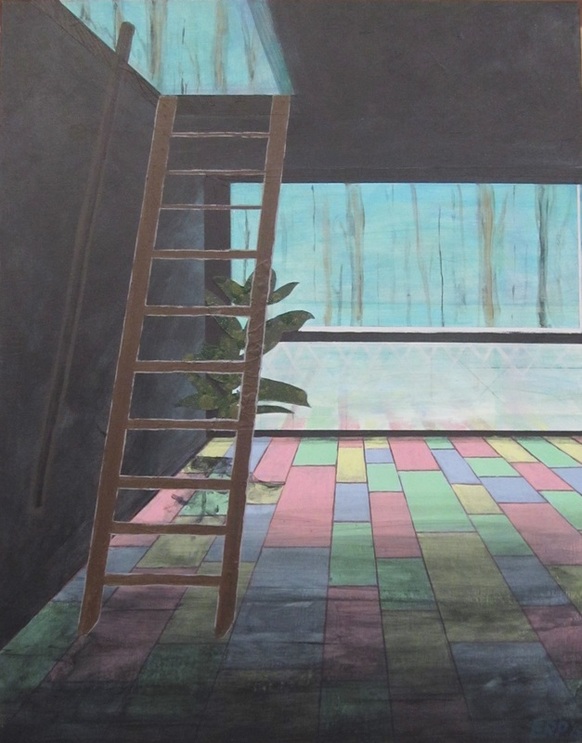
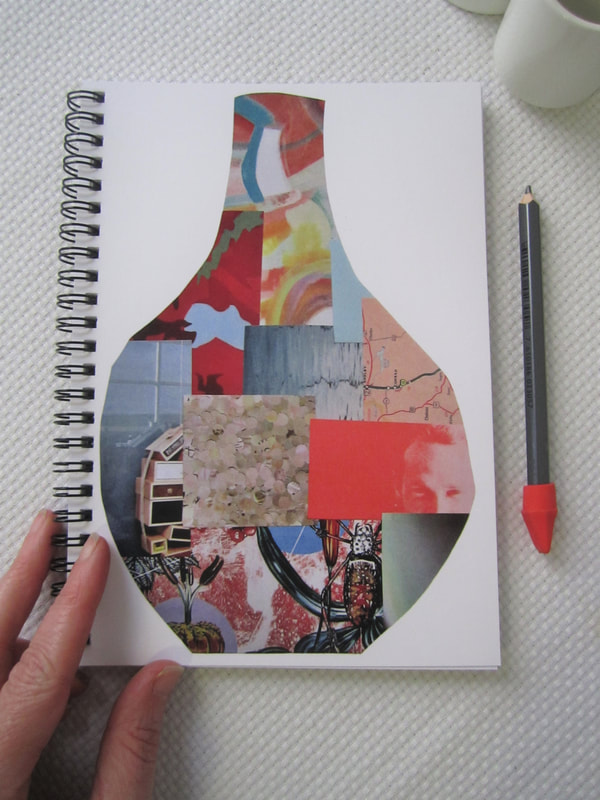
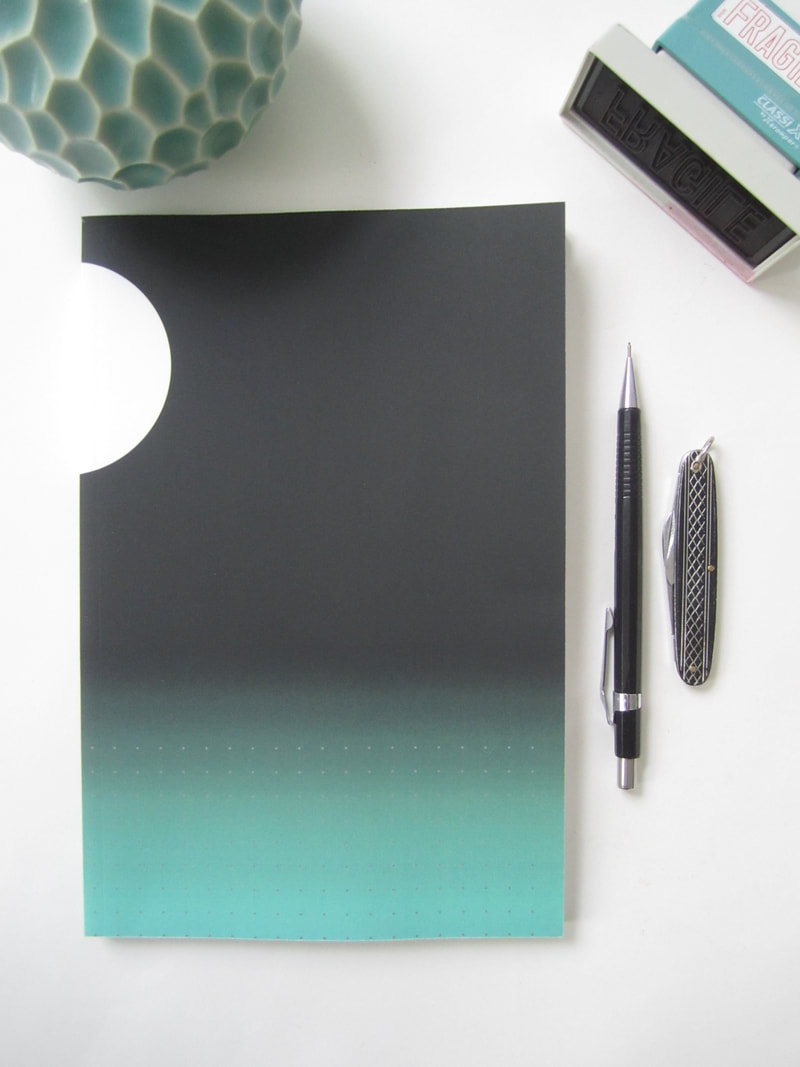
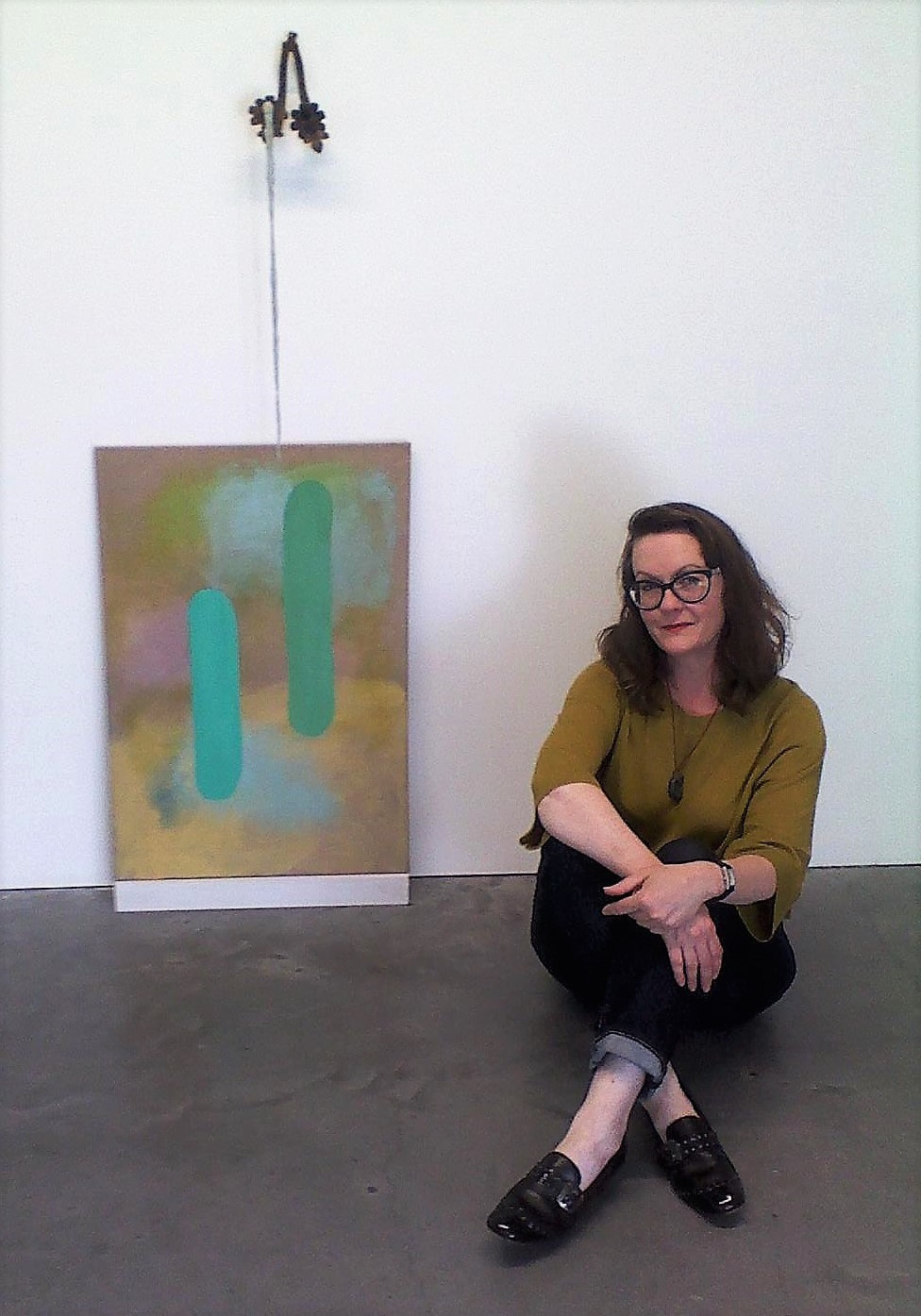
 RSS Feed
RSS Feed